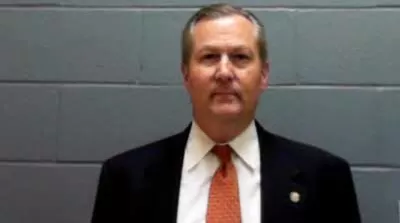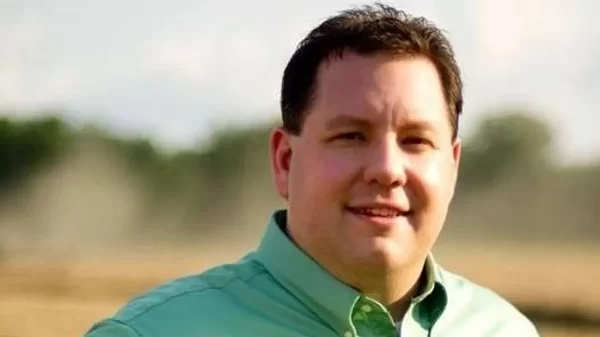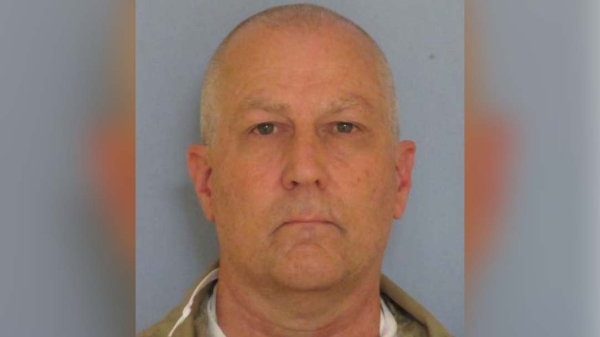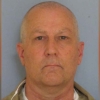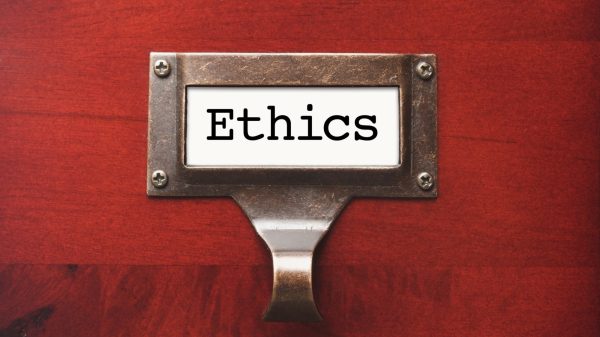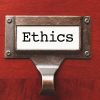By Bill Britt
Alabama Political Reporter
OPELIKA—The Motions Hearing in the Hubbard felony public corruption case left little doubt that although the defense team was swinging for the fences, they never made it to first base.
As Hubbard sat in the Lee County courtroom, he was surrounded by an entourage that included his wife, Susan, four lawyers, several paralegals and around 16 other people.
The State was represented by Acting Attorney General W. Van Davis, Matt Hart, Division Chief of the Attorney General’s Special Prosecution Unit, Deputy Attorney General Michael Duffy and others from the AG’s Office.
At issue were motions by the defense to dismiss the case against Hubbard, while the prosecution sought to have the motions dismissed and subpoenas quashed.
Perhaps the most memorable event in the day-long hearing was when State Rep. Mike Ball (R-Madison) took the stand to say how Hart had intimidated him during a phone conservation, after appearing as a guest on a Huntsville radio talk show. During the show, Rep. Ball said that the case against Hubbard was politically motivated.
As spectacle, Ball’s anger infused testimony had its moments. But, as Lee County Circuit Court Judge Jacob Walker, III, said, it had nothing to do with the 23 felony indictments.
The court did hear arguments once again on whether W. Van Davis had been properly appointed to act on Attorney General Luther Strange’s behalf in the case. Judge Walker told the defense that he had ruled on that motion twice already. He did not seem inclined to reverse himself after Hubbard’s criminal defense attorney J. Mark White gave another pitch to dismiss.
Duffy pointed out that the “elephant in the room,” was that Judge Walker is the one who actually empaneled the Grand Jury that indicted Hubbard.
White said he wanted more documentation that Davis had the authority to act for the State in the Hubbard case. Duffy said that the only documentation was a letter written by Strange to Davis on January 31, 2013, and that was the instrument that Judge Walker had approved.
Judge Walker told White he was free to request more from the AG, but since there was only one document, he would just get a copy of what he already had.
As for White’s attempt to have several past and present members of the Attorney General’s staff subpoenaed to testify, Judge Walker said he might allow some in camera depositions, that would be placed under seal.
The Judge had previously made it known that he didn’t think subpoenas issued for Gov. Robert Bentley and Strange were appropriate.
The defense complained that the prosecution had given them volumes of documentation concerning the case, but they were not happy with the formatting. The prosecution showed that Hubbard had provided documents from his computer to the State in the same fashion. Judge Walker did not seem inclined to have the State spend $30,000 to $60,000 to supply the documents in a fashion that would please White.
Radio talk show host and station manager, Leland Whaley, took the stand to testify about a conversation he had with Hart. He described him is as, “gentlemanly.”
Again, Judge Walker gave the defense wide latitude, but concluded it has nothing to do with the case against Hubbard.
White repeatedly tried to show cause for dismissal because of prosecutorial misconduct, and tried in vain to use Ball and Whaley’s conversations with Hart as an example. The State pointed out that the statute requires that the action would have needed to take place during the Grand Jury proceedings to even approach the standard for prosecutorial misconduct, and that those conversations, as well as the one with Talking Head, Dale Jackson, had occurred after the indictments.
While Judge Walker gave the defense considerable room to make their arguments during the hearing, one attorney on hand called the defense performance a colossal waste of time.
Judge Walker will hear the remainder of the motions on April 30.
Former Attorney General Troy King was on hand for a few hours. In a TV interview, he made derogatory comments about Strange who defeated him to become the State’s Attorney General.







































